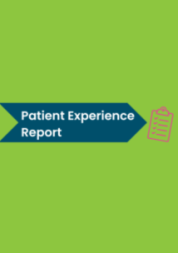Digital Exclusion full report - December 2021

In total, we carried out interviews with 45 residents as part of the project. Those we spoke with included older people, people with English as their second language, and people with disabilities.
Findings
Digital exclusion can be the result of a variety of factors, including affordability and limited accessibility because of disabilities, lack of support and language barriers.
The stories we heard about people’s access to health and social care were mixed. Some people found remote GP consultations to be beneficial and were understanding of the need to shift to these digital care methods whilst the pandemic spread rapidly.
Others were unhappy with the quality of care and treatment received using remote consultations and didn’t feel confident with the diagnosis and/or the treatment plan.
Both groups advocated for a return to face-to-face appointments.
Some residents experienced multiple barriers when trying to access health care support (affordability, lack of IT skills, and language barriers) which caused high levels of stress and anxiety.
Primary Care professionals we engaged with as part of this project discussed the benefits of remote care but also acknowledged that a shift to remote consultations risked excluding a significant proportion of service users from health and social care services.
As the NHS supports primary care to move towards a digital first approach it is essential that the needs of digitally excluded residents are embedded within delivery plans.
Downloads
If you require this report in an alternative format, please get in touch to discuss this.
